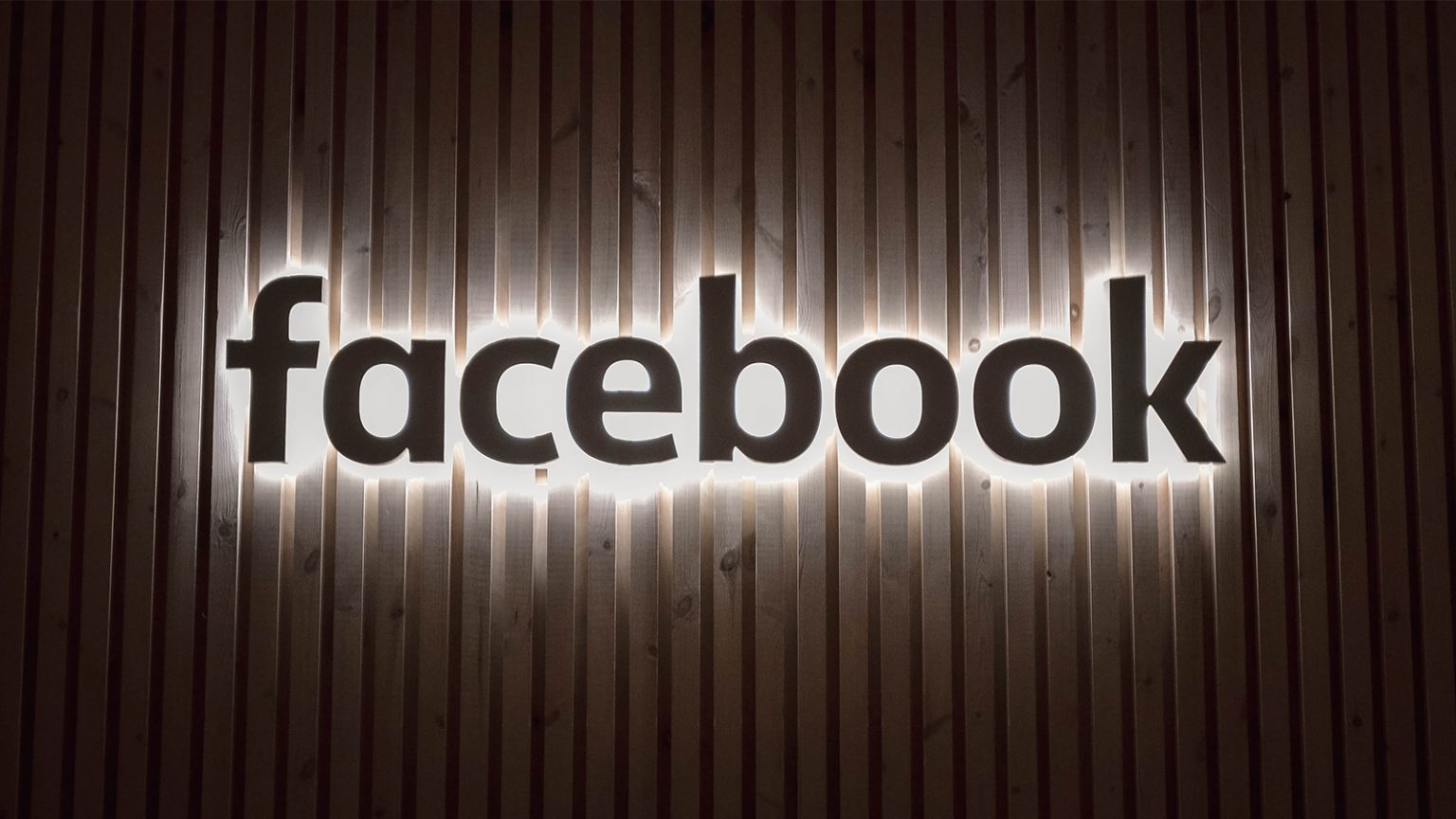The report found nine troubling posts that overtly violated Facebook’s hate speech policy. As of Wednesday (Dec.1), the ADL said three of the nine remain.
The ADL, which investigates antisemitism through its Center on Extremism, has been advocating for years to push Facebook to change its policy on Holocaust denial. In 2020, Facebook classified Holocaust denial as hate speech rather than misinformation.
But the report found that while dedicated Holocaust denial groups have been removed from the platform, public and private groups as well as personal profiles still contain links to such sources.
Holocaust denial aims to cast doubt on the facts of the Holocaust, the systematic murder of 6 million European Jews during World War II. Adherents claim Jews fabricated evidence of their own genocide to gain sympathy or extract reparations from Germany.
The denial contributes to the growing number of antisemitic incidents in the U.S. In 2020 an ADL survey found more than 2,000 instances of antisemitic assault, harassment and vandalism reported across 47 states and Washington, D.C.
Facebook removed references to “Holohoax,” the phrase most popularly used by Holocaust deniers. But the ADL report found that “hollow hoax,” “Holocaust Hoax,” “Holocaust lies,” “Holocaust fraud,” “so called Holocaust” and “Holocaust didn’t happen” are searchable terms that return results.
A spokesperson for Meta, the parent organization for Facebook, said it has made “substantial progress in fighting Holocaust denial” and added:
“We removed the content mentioned in this report and will continue working to keep Holocaust denial off of our platform.”
The ADL disputed that, saying Facebook had removed six of the nine posts linking to Holocaust denials.
Over the past few years, many popular internet sites have begun to police hate groups, conspiracy theorists, armed right-wing groups, white supremacists and Christian nationalists. As a result, some have migrated to alternative digital platforms, such as Brighteon, CloutHub and Gab.
Policing the web is difficult. It often relies on complex software algorithms that decide what content users will see and when they see it.
Frances Haugen, the former Facebook employee and whistleblower, recently leaked a trove of revealing internal documents from the company, suggesting the platform allowed misinformation to spread widely, to keep more people logging on.
In January, Facebook announced that if users search for terms associated with either the Holocaust or Holocaust denial, it would direct users to credible information about the Holocaust outside Facebook.
A Facebook spokesperson confirmed it is continuing to do that.
“We’re also going further by educating people on Facebook with authoritative information about the Holocaust when someone searches for terms associated with it,” the spokesperson said.
The ADL report suggests Facebook needs to expand the language parameters used to detect Holocaust denial, and combine machine learning techniques with human review.


















